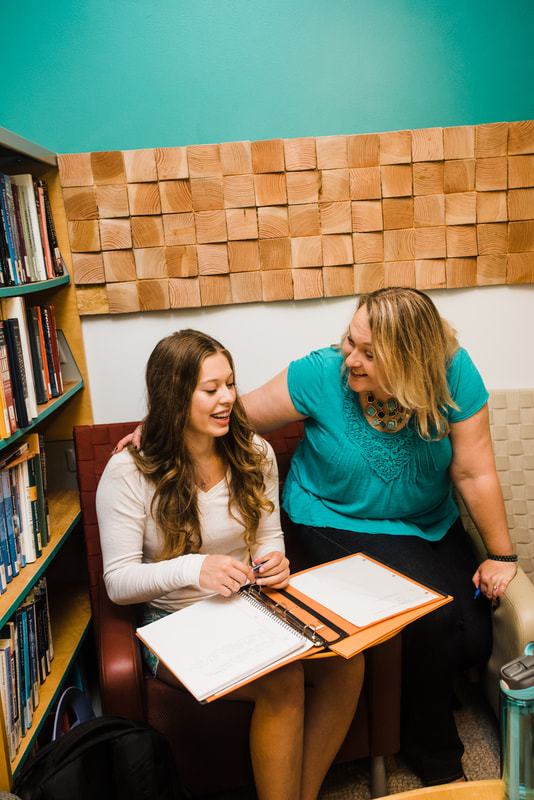|
April vacation is almost here, and it’s the PERFECT time to go visit college and university campuses, especially if you’re a high school junior. Classes are still in session, all sorts of events are happening, and warmer weather makes everything more accessible and enjoyable. But what questions should visiting high school students ask? What about the parents? Here are some tips and tricks to make the most out of every campus visit:
Most of all, remember to have fun! This is the beginning of your college application journey, so use campus visits as a chance to figure out what you like and what you don’t like in a school. You’ll be glad that you paid attention to these visits when it comes time to create that college application list!
0 Comments
The agonizing months of waiting are finally over! You've received your letters of admission, as well as your financial aid packages (hopefully). It's exciting, but it also can be confusing, especially when those letters present a lot information in different ways. How do you choose which school to attend? How do you compare financial aid packages without losing your mind? It's such an important decision - how do you know if you're making the right one? Here are some steps you can take to make sure that you choose wisely:
- First, breathe!!! You know you're going to college in the fall, and that's awesome news! These schools accepted you for a reason - they think you will be a successful student at their institution, and they want you to be a part of their community. Take the pressure off of yourself - your hard work has paid off! Making any important life decision when you’re anxious, worried, or upset is never a good idea, so do your best to be well rested and calm. - Next, go visit the colleges and universities that have accepted you. If possible, attend the admitted students day on each campus, and don't be afraid to ask questions! This is your chance to find out everything that you need to know to make your decision, so don't be shy. It's the *school's* turn to impress you, and to convince you to choose this place as your new home for the next 4 years. - Go over the financial aid award letters carefully. Make a spreadsheet so you can better see how the your schools compare. In your grid, be sure to list:
- Listen to your gut. What is it telling you? Can you see yourself attending this particular college and being happy? Does the very thought of being a student at University X make your heart sing with joy? Even if you can’t find the words to explain how you’re feeling, trust that gut! If a school just feels right, it probably IS the right place for you. Finally, use your time wisely! All applicants must commit to a school and send in their deposit by the national May 1st deadline. Think of this as a good thing - once you send in that deposit, you can spend the rest of your senior year enjoying the remainder of your time as a high school student. Don’t forget to celebrate your amazing accomplishments! |
AuthorMaruta Z. Vitols is an independent educational consultant in the metro-Boston area. When not helping students achieve their dreams, she enjoys hanging out with her dog, exploring new places with her husband, and doing yoga. Archives
April 2023
Categories |



 RSS Feed
RSS Feed